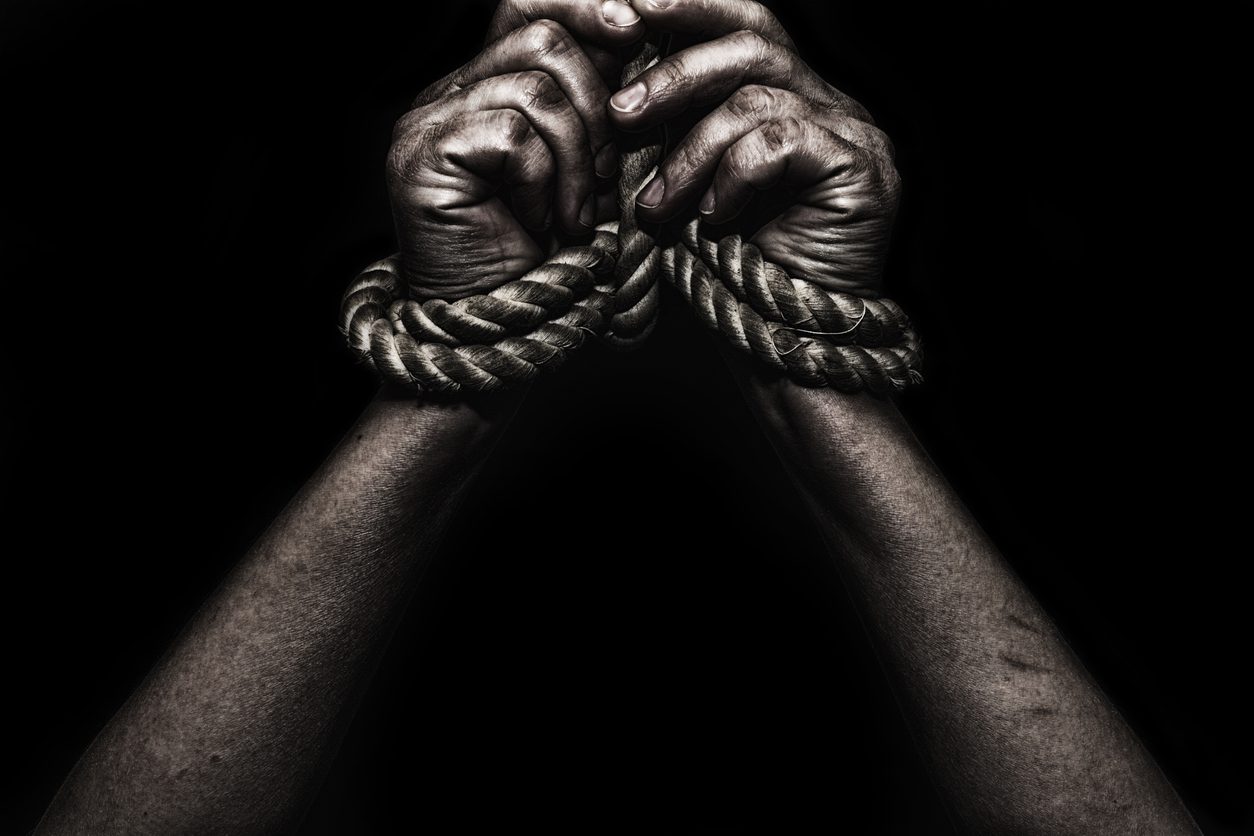- Sunday, April 28, 2024

By: Chandrashekar Bhat
A BLOC of 15 Caribbean nations is set to demand $33 trillion in reparations from European countries over the historic slave trade.
The figure was arrived at by an American consulting firm that took into account legal damages for the enslavement of 19 million people over four centuries, The Times reported.
According to the firm’s calculations, the UK owes $19.6 trillion, Spain $6.3 trillion and France $6.5 trillion to the Caribbean nations.
The bloc seeks to hold negotiations with the governments of Britain, France, Spain and Denmark, seeking formal apologies from them and funding for health and education and the cancellation of debt and direct payments to the Caribbean governments.
Caricom Reparations Commission vice chair Verene Shepherd said the figures provided a starting point for negotiations.
Caricom or Caribbean Community is a political and economic union of 15 states of the region set up to coordinate their development planning.
“We need a figure to begin with, a negotiating figure… The crime is huge. The responsibility for what happened is huge,” Shepherd said.
Caricom leaders prefer negotiations to legal routes for securing reparations from the countries the bloc is targetting.
Caricom had previously approached the former colonial powers but “we didn’t get a positive response,” Shepherd.
There has been resistance to pay reparations and UK prime minister Rishi Sunak in April this year said it was “not something that we will focus our energies on”.
Formal apologies for slavery have rarely come from European countries – save the King of the Netherlands.
The reparations commission last month said, “People of African Descent continue to endure structures of inequality, racism and underdevelopment, born out of a history of slavery, apartheid, Jim Crow, historical and contemporary colonialism, that continue to retard their advancement and deny the full enjoyment of their human rights.”
![]()